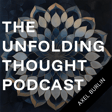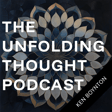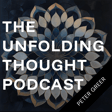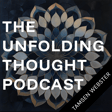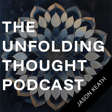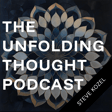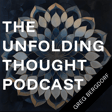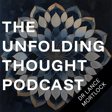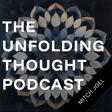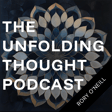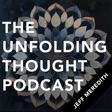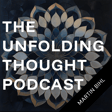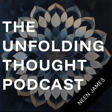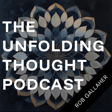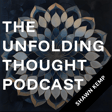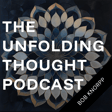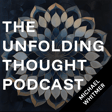
45–Courtney McAra: Taming the Chaos — Marketing Ops
In this episode of The Unfolding Thought Podcast, Eric Pratum is joined by Courtney McAra, founder of Mustang MarTech, to explore the art and science of marketing operations. Courtney shares her journey from a startup generalist to a highly specialized marketing ops consultant who’s helped teams at places like SurveyMonkey and Marketo bring order to chaos.
She breaks down the critical components of a functioning marketing operations infrastructure—from clean folder structures and naming conventions to lifecycle management, compliance, and campaign execution. Courtney also discusses the real-world challenges teams face when scaling their MarTech stacks and offers practical advice for avoiding common pitfalls.
Whether you’re deep in the weeds of a Marketo instance or trying to align marketing with sales and product, this episode is full of useful, actionable insights.
Topics Explored:
- Courtney’s Journey: From lean startup teams to SurveyMonkey and Mustang MarTech
- What Marketing Ops Really Is—and Why It Matters
- Taming Wild Databases: Clean architecture, folder structure, and segmentation
- Lifecycle Strategy: Lead scoring, prioritization, and CRM integration
- The Mustang Methodology: Cloneable, scalable, and measurable frameworks
- Why Good Ops is Invisible but Critical
- The Human Side of MOps: Communication, trust, and long-term collaboration
- MarTech in 2025: Trends, AI tools, and the expanding MOps ecosystem
Links:
- Courtney’s Company – https://www.mustangmartech.com
- Connect with Courtney on LinkedIn – https://www.linkedin.com/in/courtneymcara/
- Scott Brinker’s MarTech Landscape – https://chiefmartec.com/2025/05/2025-marketing-technology-landscape-supergraphic-100x-growth-since-2011-but-now-with-ai/
- MOps-Apalooza – https://mopsapalooza.com
For more episodes, visit: https://unfoldingthought.com
Join the conversation by emailing Eric at: eric@inboundandagile.com
